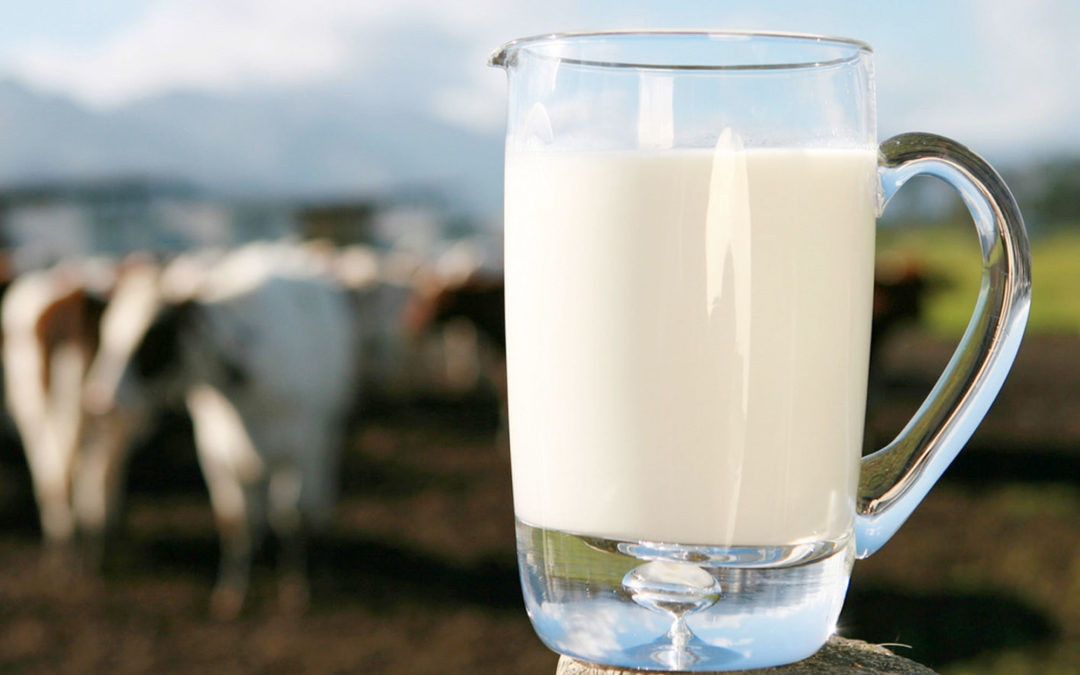Research: New sensor to improve raw milk quality control
A group of researchers from the Voronezh State University of Engineering Technologies (VSUET) say they have developed a unique sensor capable of assessing potential microbes and bacteria in milk with 83% accuracy.
According to the Russian Science Foundation, the sensor has the ability to detect even the smallest amounts of volatile compounds released by bacteria. This could potentially redefine raw milk quality control.
“The proposed tool can help lower the time required to analyse the microbiological parameters of raw milk. This, in turn, will allow timely measures to preserve product quality,” commented Anastasia Shuba, associate professor at VSUET and one of the study’s authors.
The researchers revealed that the developed sensor is a piezoelectric resonator, on the surface of which the scientists applied composite films that actively absorb the volatile organic substances that bacteria release. The absorption of these molecules by films leads to changes in the frequency with which the resonator vibrates, which makes it possible to detect microbes and determine their amount.
Promising results
Working on the technology, Russian researchers monitored how the sensors responded to various volatile molecules in pre-determined concentrations. The scientists used the measurements’ results to create an algorithm capable of assessing the number and species composition of bacteria present in milk. The researchers tested the operation of this system on 14 samples of raw milk obtained from 5 different farms.
Following that, the scientists determined the number and species composition of bacteria in all samples using a standard microbiological method on Petri dishes. A comparison with this approach showed that the accuracy of estimating the number of microorganisms using a set of sensors is 83%. At the same time, the detection limit of E. coli was 100 bacteria per millilitre of milk.
The test system created will allow dairy producers to more effectively assess the quality of milk, as well as ensure quicker tests that can reveal potentially pathogenic or pathogenic microbes, including pathogenic E. coli, salmonella, listeria etc.
The Russian Science Foundation, however, has not provided additional information on whether the new technology requires further testing or when it will be ready for commercial use.

